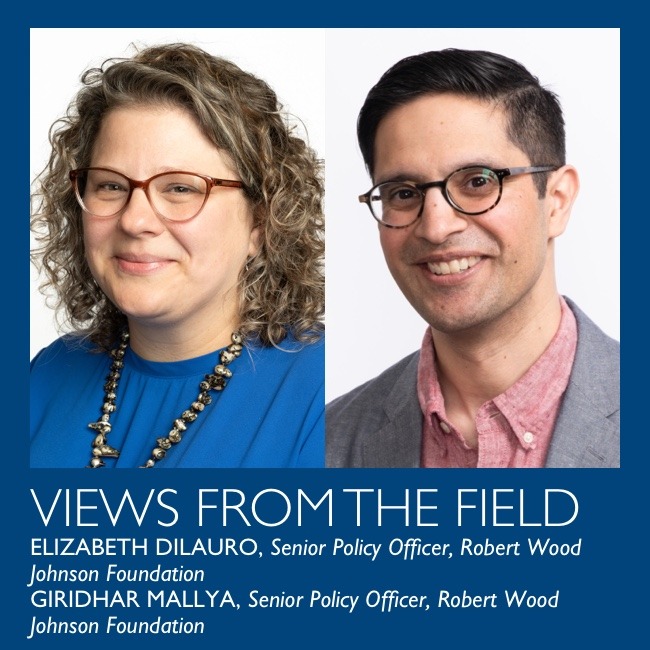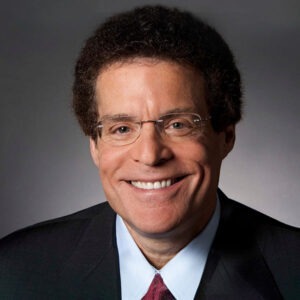Georgia Health Initiative: September 2025
A new report, “Progress Towards Vitality: A 10-Year Retrospective Analysis of Systems Focused Efforts to Improve Maternal Health in Georgia,” analyzes a subset of recommendations put forward by the Georgia Maternal Mortality Review Committee (MMRC) and the Georgia House Study Committee on Maternal Mortality to improve maternal mental health in the state.
Promoting Family-Centered Care for Children with Special Health Care Needs
There are approximately 10.2 million children in the United States with special health care needs, which translates into one out of every five households (MCHB 2007).
Access to Care for the Categorically Ineligible
Although the Affordable Care Act (ACA) will expand health care coverage to 32 million Americans (CBO 2010), many states remain concerned about providing their residents access to clinical and preventive services.
Educating Californians about the Affordable Care Act
he California Endowment launched a consumer education effort aimed at explaining the contents of the Affordable Care Act for one simple reason: our organization’s mission is “to expand access to affordable, quality health care for underserved individuals and communities, and to promote fundamental improvements in the health status of all Californians.”
Request for Proposals: GIH State Grant Writing Assistance Fund
GIH, with support from the Robert Wood Johnson Foundation, announces the availability of the GIH State Grant Writing Assistance Fund. The fund will provide up to $15,000 in matching funds per state to grantmakers interested in offering grant writing support to state government agencies.
Drew Altman Named 2011 Terrance Keenan Award Winner
Grantmakers In Health is pleased to announce that Drew E. Altman, Ph.D., president and CEO of The Henry J. Kaiser Family Foundation, has been named the 2011 recipient of The Terrance Keenan Leadership Award in Health Philanthropy.
GIH Announces New Board Members
Grantmakers In Health is pleased to announce the addition of Sarah Iselin, Eugene Lewit, Robin Mockenhaupt, and Steve Roling to its board of directors. Their board terms begin after the GIH Annual Meeting on Health Philanthropy, March 2-4, 2011.




